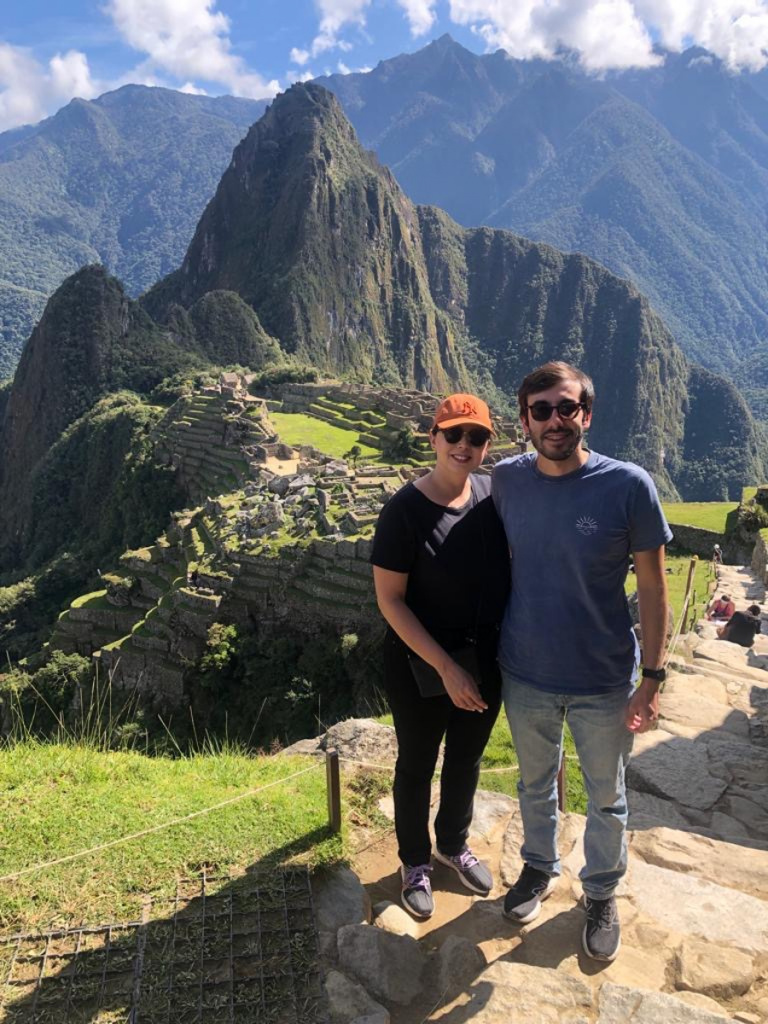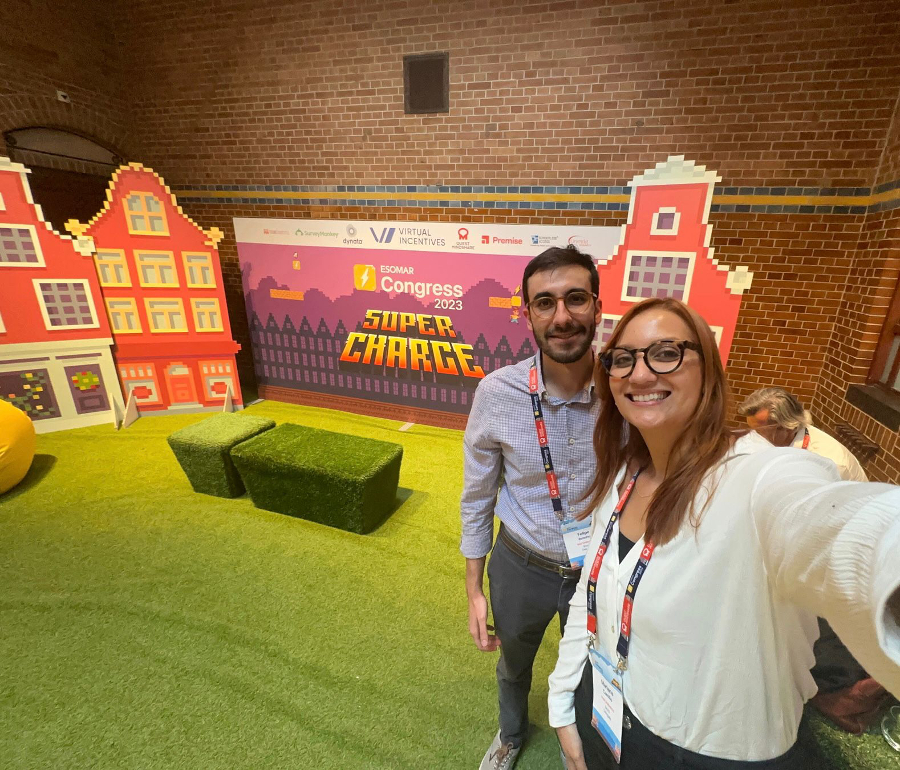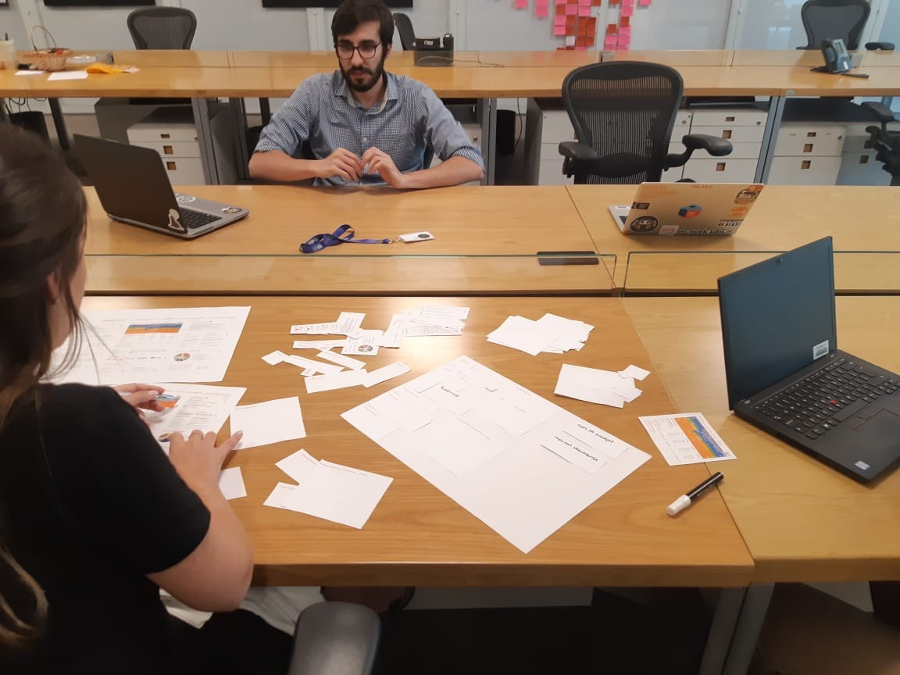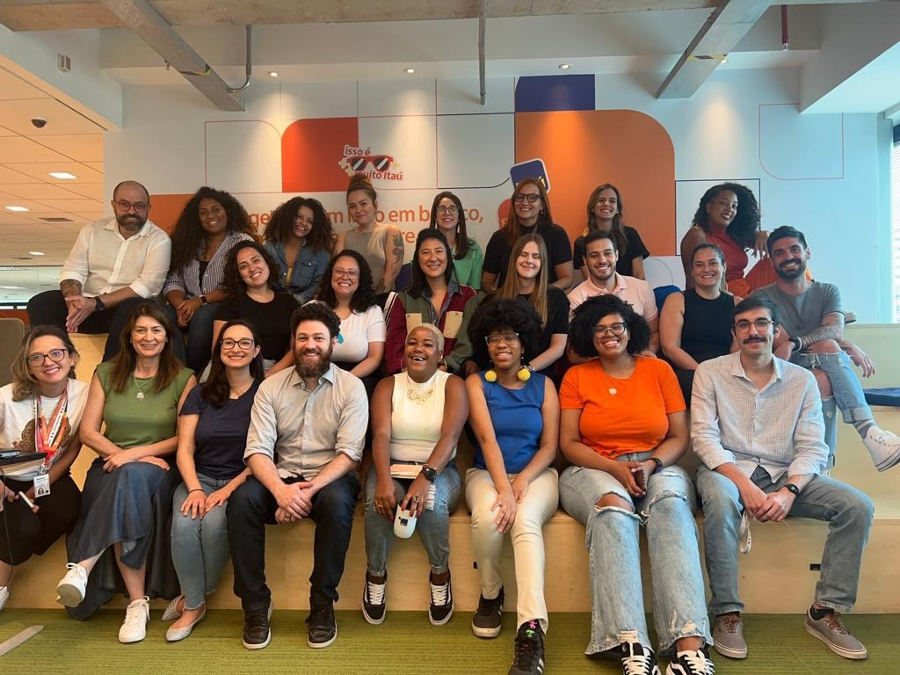How did you get there? Felipe Botelho

Great to hear from Felipe Botelho who is a Customer Experience Research Lead at Itaú Unibanco, Latin America’s largest bank. Felipe is responsible for UX and Marketing Research studies for the business-to-business branch of Itaú’s operation and has been working in research with big companies worldwide since he was 18 years old. Curious by nature, he likes to understand everything deeply from people to business, and that’s how he fulfils his child dream of becoming a scientist: by being a marketing researcher. Born and raised in São Paulo, Brazil, he still lives there with his pregnant wife Lia and dog Lana. In the spare time he likes to play tennis and videogames with his wife.
So, how did you get into the industry, and take us through how you got to this point?
I’ve been working with marketing research since the beginning of my career and to explain how I got into this business I must take a step back and explain how the high education system works in Brazil. As an undergraduate student you must do at least two years of paid internships to get a degree, and when I was doing my bachelor’s in business I had only one goal: to work in a multinational corporation that could offer me learning opportunities and a career path. That’s how I got my first job as marketing intelligence intern at Nextel, a North American telecom company, where I had the first contact with brand and satisfactions tracking, conjoint analysis and many other methodologies that made me fall in love with the marketing research and influenced my decision to pursue a career in this area. After that I had a brief experience with FMCG at Nielsen measuring market share, and then spent almost three years at Ipsos conducting big customer satisfaction projects for automotive and financial services.
Then, in 2017, one of my main clients, Itaú Unibanco, made me a job offer to go back to the client side of the research business. I started at Itaú as a research analyst and had many opportunities to work with a great amount of different business areas, from the corporate and investment banking to sustainability, until the year of 2021 when I became a marketing research lead responsible for coordinating the business-to-business projects.
Greatest career moment so far?
Sometimes it is difficult to choose one greatest moment, either because it seems to be a lot of memorable moments or there are no one to choose from, but impostor syndrome aside, I can say that my favourite one was one and a half years ago, by the end of 2021, when we had a big shift at Itaú’s research department and I had the opportunity to help structure how we would work from then on. Until that moment, as most companies, marketing research was a Marketing department affair, but as banking is one of the most changing business in this VUCA time that we have been living for a while now, been aside from the Product and Design teams was not helping client centric decision making at its full potential, so as a small group of researchers we structured a new Customer Experience Research team on the Strategic Design department that allowed us to be closer to business decisions and take market research to a whole new level within the organisation, growing five times that small group of researchers.
Looking back and recognising the impact of those decisions is what I cherish the most.

Bring to life your perfect work week.
It will not sound news to my fellow researchers that my work weeks are a continuous cycle of planning, aligning with stakeholders, executing, delivering, and repeating, but I believe that everyone add their spices on this cycle, so let me share mine.
Currently I have eleven researchers working with me or as direct reports (analysts and interns) or as specialists pairs and they are deployed in different subjects of the B2B business unit, such as cash management and credit, working directly with product designers, product managers and tech leads, so we use Mondays to get together for organizing new briefings, checking status of fieldworks, identifying blocks in projects and prioritizing where I am most needed during the week. On Wednesdays is when the leadership go to the office to get together and discuss managing matters, new methodologies and ways to keep innovating and iterating our job activities. The other days of the week are fulfilled with meetings with agencies, internal clients, partners, and of course my team.
A perfect work week differentiates from the not-so-great ones because of two factors: if I get chance do have at least a one-on-one meeting with each one of my directs; and the subject of the meetings I take part during the week. For me, as research lead, it is extremely important to help not only with projects but also to develop individuals to be better researchers and I believe that research itself is a craft that we learn by doing and being close to more experienced people, which is the purpose of my one-on-one meetings. Secondly as a researcher myself I love to be in meetings where I feel that I can make a difference in a project either in its planning (designing a research strategy or a questionnaire) or in the analysis. So, when I manage to do both in a week, it is a perfect one.

Career paths are rarely without challenges. Can you share an honest moment from your career when things didn’t go quite according to plan, but the lessons remain with you to this day?
Many years ago, when I was conducting a customer satisfaction tracking for a high tier automotive company, one of the interviewees accused the interviewer of cursing him during a CATI interview. As luxury cars are a very niche business in Brazil, due to economy reasons, the company was extremely careful on how they threaded their customers and we had to be sure to maintain this approach while in contact with them. So, you can imagine it was a big crisis that had to be handled.
After that I started to put a lot more effort on fieldwork instructions, personally training interviewers and moderators emphasising not only the questionnaire flows and scripts, but also creating empathy by telling the importance of project for the client and explaining who the interviewee is, that in the end of the day is most important person for everyone involved.
What two things should junior researchers focus on as they progress in their careers?
I discovered very early on my career the importance of identifying and keeping the right stakeholders on track of strategic research projects. So, to be a great researcher it is mandatory to know how to read the scenario and the context of each and every particular research project and who are key people for its success, always remembering that in the bottom-line we are trying to help decision makers take better decisions, and that people must be onboard not only in the briefing and when the analysis in delivered, but also throughout the whole process.
Another important advice that took me a little longer to figure out is to use the technicality of research as a tool to assure quality of the outcome, but not as the main topic while working with non-researchers, such as marketeers or high-level executives. Can be in presentation or just in a debrief meeting, if you insist to talk only about sample sizing techniques, statistical modelling and so on, of course people will see you as a person with a very deep technical knowledge, but it will not take too long to lose the audience attention.

Do you have any advice for our sector?
Just don’t be myopic on what is the value that we have within the corporations. Research always was and always will be about understanding people and mitigating risks. As long as researchers keep that in mind, the sector will be able to embrace new ways of work, new techniques, and other innovations to keep and enhance its relevance.
And do you have anyone who has helped your career so far that you’d like to acknowledge and say thanks or give a shout out to?
As I said before, research is a fine craft, and I was really lucky to meet great craftswomen and craftsmen so far on my career. I could spend hours talking about inspiring people that helped me on the past but right it would not be fair to not acknowledge Itaú’s CX Research team, from my colleagues that teaches me daily and always bring me new perspective on how to approach the challenges we face, to our Head of Research Claudia Furniel that gave me my first opportunity to be a manager and keep pushing us to be better researchers.